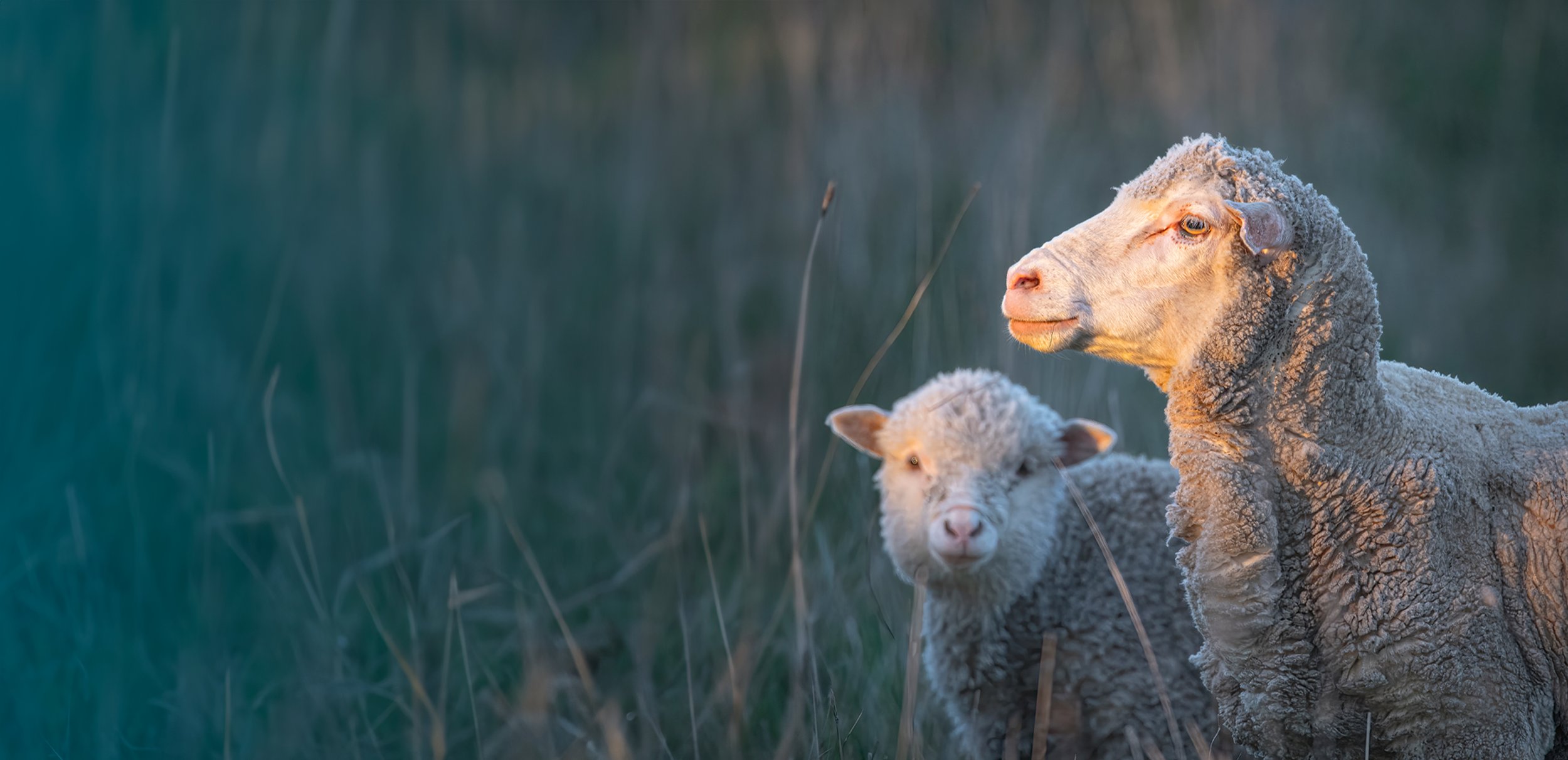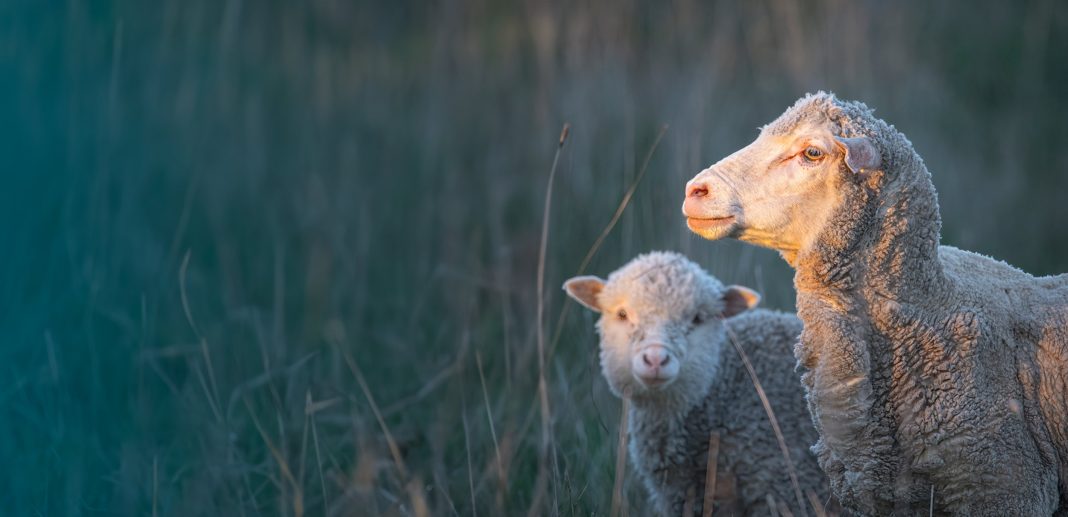 Australian Parliament Passes Legislation to Ban Live Sheep Exports by Sea from 2028
Australian Parliament Passes Legislation to Ban Live Sheep Exports by Sea from 2028
In a move that has left farmers disappointed and angry, Australia’s Parliament recently passed legislation to outlaw live sheep exports by sea starting in 2028. This decision has come as a blow to farmers who had invested in significant reforms to improve animal welfare in the industry. National Farmers Federation President David Jochinke expressed his dismay and criticized the government for rushing the legislation without considering scientific evidence or the consequences for farming communities and trade partnerships.
The ban, which will take effect on May 1, 2028, has raised concerns about the future of farming communities and Australia’s strategic trade partnerships. The Western Australian (WA) communities, in particular, have been vocal in their opposition to the bill. Despite their efforts to lobby for a reprieve, they were unsuccessful. Many of these communities now face tough decisions and uncertainty about their future.
Proponents of the ban argue that live sheep exports are cruel and pose serious animal welfare concerns. Animals often suffer from heat stress during long voyages, and there is little control over their treatment upon arrival at their destination. Recent incidents, such as a sheep ship being turned back due to security concerns and animals being offloaded after weeks of being moored off the coast, have highlighted the risks and challenges associated with live sheep exports.
Agriculture Minister Murray Watt defended the legislation, stating that live sheep exports have been declining for years and have lost community support. He ruled out expanding the ban to other species and assured farmers that live cattle exports would not be phased out. According to Watt, cattle are considered more robust animals and undertake shorter journeys compared to sheep.
However, opponents of the ban remain skeptical and fear that cattle shipments could be targeted next. The Coalition has promised to overturn the legislation if re-elected. Nationals’ leader David Littleproud accused the government of bowing down to animal activists and disregarding Australia’s high animal welfare standards.
Earlier this year, a parliamentary inquiry into live sheep exports heard warnings from farmers that some towns would suffer greatly if the ban was implemented. The concerns raised about the impact on regional communities add to the complexity of the issue and emphasize the need for careful consideration of all stakeholders’ perspectives.
While the ban on live sheep exports by sea aims to address animal welfare concerns, it has sparked a heated debate between farmers, industry representatives, and activists. The decision to outlaw this practice represents a significant shift in Australia’s agricultural landscape, and its long-term implications remain uncertain. As the industry grapples with these changes, finding a balance between animal welfare, economic viability, and trade relationships will be crucial for the future of Australian livestock production.


